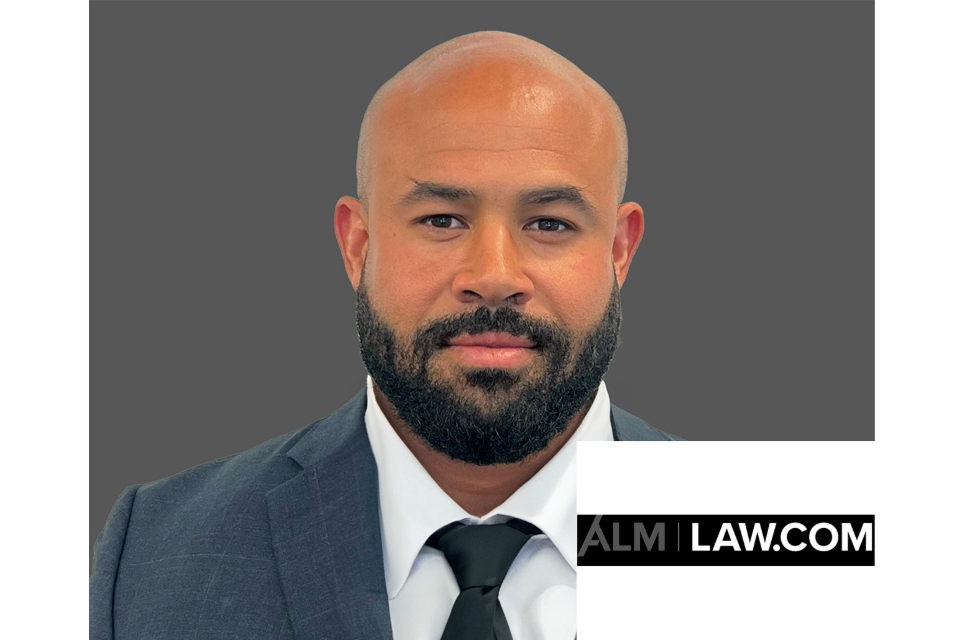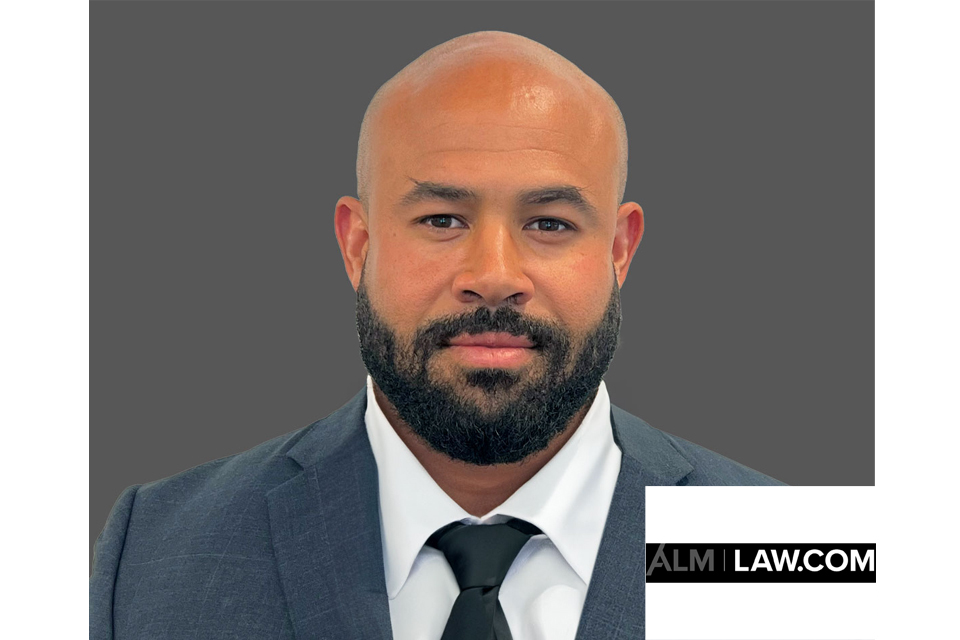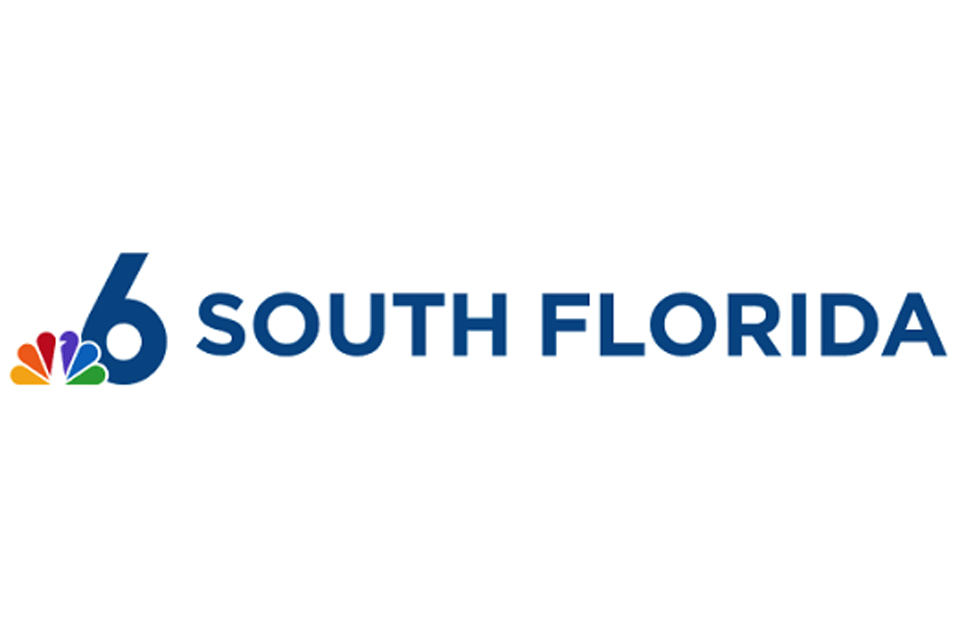 The Small Business Reorganization Act of 2019 became effective Feb. 19. The law is designed to make Chapter 11 less expensive and more practical for small businesses and certain individuals whose secured and unsecured debts are no more than $2,725,625. Without this relief, many small businesses would find themselves unable to navigate through Chapter 11 due to the costs and complexity of confirming a plan.
The Small Business Reorganization Act of 2019 became effective Feb. 19. The law is designed to make Chapter 11 less expensive and more practical for small businesses and certain individuals whose secured and unsecured debts are no more than $2,725,625. Without this relief, many small businesses would find themselves unable to navigate through Chapter 11 due to the costs and complexity of confirming a plan.
The timing of the passage of this law is of great consequence considering the economic havoc the Covid-19 will reap on small businesses especially those in the travel, hospitality, retail, trade and services sectors upon which Florida relies so heavily. For example, whereas, a restaurant that was forced to shut its doors for one month or a retail store with either no sales or a precipitous drop would typically face an insurmountable hurdle to return to or remain in business, the new law will enable that same restaurant to resume operations or retail location to remain in business and develop a plan to repay either delinquent mortgage payments or rent, wages, salaries, taxes, and vendor debt without requiring the consent of their respective creditors. This crisis will likely motivate creditors to be flexible with their obligors to avoid catastrophic losses.
Unlike the prior Chapter 11, the new subchapter of Chapter 11 eliminates creditors committees, the requirement that the debtor file a disclosure statement, the absolute priority rule and modifies the requirements that the Debtor obtain the vote of at least one impaired creditor class. Creditors committees are designed to promote the interests of a group of creditors and often involve the retention of multiple professionals. The debtor becomes responsible for these fees and costs which adds another layer of expenses.
However, the two most critical changes for businesses pertain to the elimination of the absolute priority rule and modification of creditor voting rights. In order to obtain confirmation of a Chapter 11 plan for a debtor with debts in excess of $2.7-plus million, the debtor is required to obtain the acceptance of the plan by at least one class of creditors whose claims are impaired. If less than all the classes vote in favor of the plan, the debtor must “cramdown” the plan on dissenting creditors. The new law changes the voting and cramdown requirements by providing that so long as the debtor is paying the present value of secured claims and is using all its projected disposable income to pay creditors in a period between three to five years, depending on the length of the plan, the debtor’s plan can be confirmed even though there is no accepting class of creditors if there is a reasonable likelihood that that the debtor will be able to make all payments proposed under the plan.
The absolute priority rule, which requires that creditors either receive all of their claim or agree to less before the debtor may receive or retain property, is eliminated. Under the new law, so long as the debtor is using all of its projected disposable income, much like an individual under Section 1129(a)(15), the debtor may pay unsecured creditors less than the full amount of their respective claims and obtain confirmation of its plan without having to inject new value as previously required.
One of the most fundamental powers the bankruptcy code grants debtors is the ability to cure delinquencies and defaults on non-residential leases. The Bankruptcy Code affords a debtor the opportunity to cure defaults in a reasonable period of time. A business either shuttered or otherwise affected by the COVID-19 can breathe a sigh of relief knowing that it can cure lease payments as well as any other defaults over a reasonable time and develop a plan based upon projected future cash flow.
These changes will make Chapter 11 a more viable alternative for businesses for whom Chapter 11 is too expensive and complicated. Legal fees and costs will be reduced in most cases, the process to emerge from bankruptcy will be streamlined and the odds of success will be increased for those who are eligible and avail themselves of this new opportunity to reorganize their financial affairs. For those businesses who were either forced to shutter their doors or saw dramatic decreases in revenue as a result of the COVID-19, the Small Business Reorganization Act offers a panacea to cure and undo the harm associated with the unprecedented disruption of their businesses and help their businesses remain viable.
Nicholas B. Bangos is of counsel with Diaz Reus & Targ in Miami and focuses his practice on bankruptcy and workouts. Contact him at nbangos@diazreus.com.



















































































![Especial abogados Salón de la Fama[61] 4](https://diazreus.com/wp-content/uploads/2023/06/Especial-abogados-Salon-de-la-Fama61-4-2-pdf.jpg)




























































































































































































